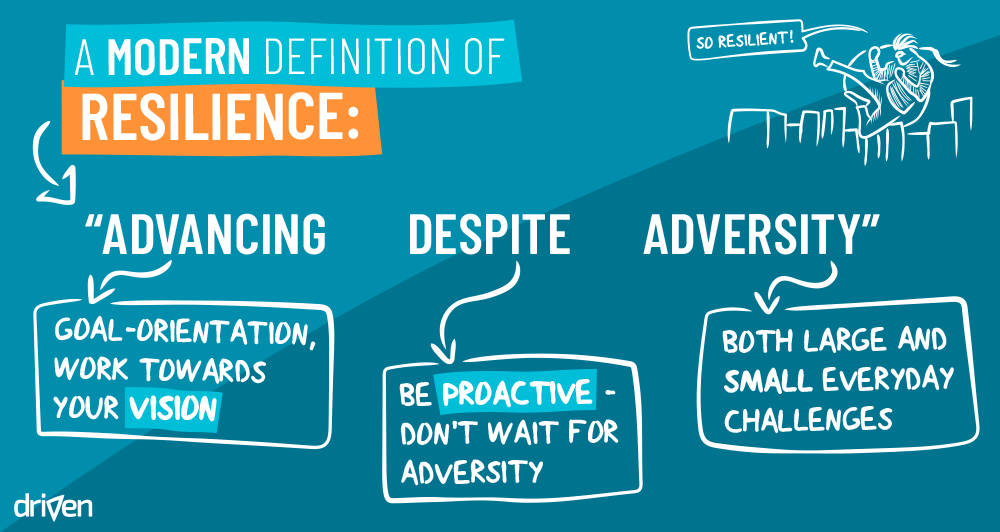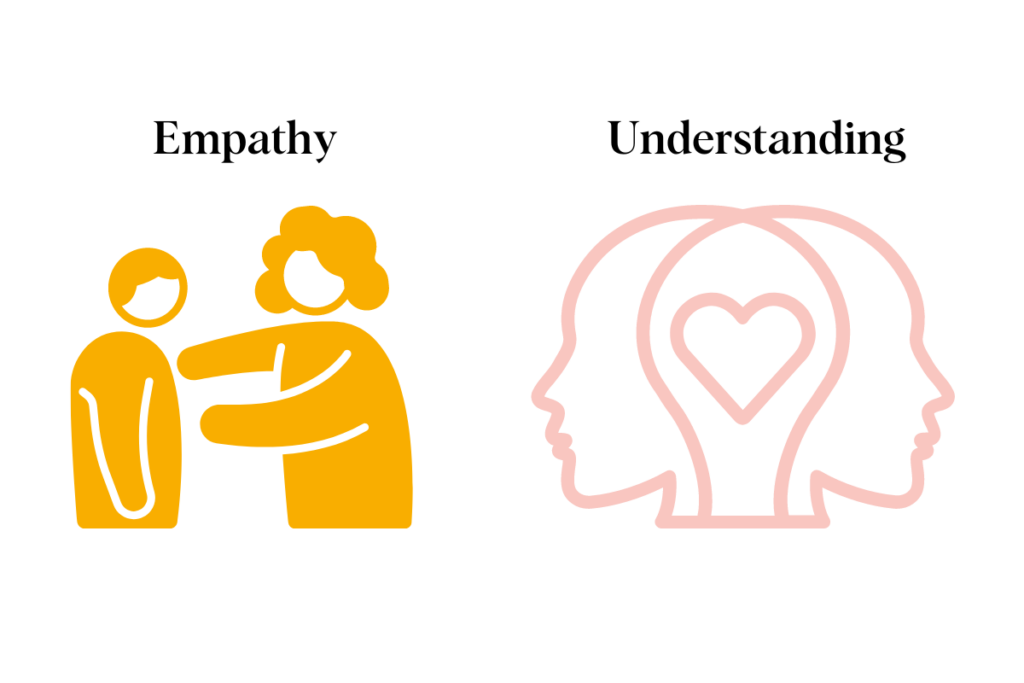Life is a tapestry woven from experiences that shape individuals, and among the most profound of these are transformative journeys. Whether undertaken in youth or later stages of life, such journeys possess the remarkable ability to foster resilience and adaptability—two qualities that are essential for navigating the complexities of human existence.
In an ever-changing world, where challenges abound and uncertainties loom, the capacity to bounce back from adversity and adjust to new circumstances is invaluable. This article explores the multifaceted ways in which life-changing journeys—be they physical, emotional, or spiritual—cultivate these traits.
Through an examination of various narratives and case studies, it will be demonstrated that the lessons learned from confronting the unknown can equip individuals with the tools needed to thrive in diverse environments. From the exploration of far-off lands to the introspective journeys within, each experience contributes to the development of a resilient mindset and an adaptable spirit.
Ultimately, understanding the dynamics of these transformative journeys can empower individuals at every stage of life to embrace change, overcome obstacles, and emerge stronger, more resourceful, and more equipped to handle life’s inevitable fluctuations.
Life journeys enhance personal growth experiences.
Engagement in diverse life experiences often serves as a catalyst for personal transformation. Individuals who embark on various journeys, whether through travel, education, or significant life changes, frequently encounter challenges that test their beliefs and capabilities.
These experiences compel them to adapt, fostering resilience as they learn to navigate unfamiliar territories and overcome obstacles. This process of adaptation not only enhances their problem-solving skills but also broadens their perspectives, allowing them to embrace new cultures, ideas, and ways of thinking.
Furthermore, the reflective nature of life journeys encourages individuals to assess their values and priorities. As they face different situations, they gain a deeper understanding of themselves, leading to increased self-awareness and emotional intelligence.
This ongoing introspection is crucial for personal growth, as it enables them to identify patterns in their behavior and develop strategies for improvement. Ultimately, the lessons learned through these journeys contribute significantly to an individual’s capacity for empathy, adaptability, and resilience, equipping them to navigate the complexities of an ever-changing world.
This ongoing process of adaptation not only reinforces their resilience but also prepares them for future transitions, instilling a sense of confidence that they can navigate life's inevitable changes with grace and determination.
Resilience develops through overcoming challenges.
Overcoming challenges plays a pivotal role in the cultivation of resilience, as individuals learn to confront adversity head-on and find solutions to complex problems. Each challenge faced presents an opportunity for growth, allowing individuals to refine their coping strategies and adapt their mindsets.
As they navigate these tribulations, they often discover inner strengths they were previously unaware of, leading to a heightened sense of confidence and autonomy. This journey through hardship not only equips them with practical skills but also instills a belief in their ability to endure and thrive, fostering a mentality of perseverance in the face of future obstacles.
Moreover, the challenges encountered during significant life changes often serve to deepen interpersonal relationships and strengthen community ties. When individuals share their experiences of overcoming difficulties, they build connections with others who have faced similar struggles.
This sense of shared experience fosters empathy and support, further enhancing their resilience. As individuals learn to rely on their networks, they realize that resilience is not solely an individual endeavor; it is also cultivated through collaboration and mutual support, enriching the fabric of their social environments and reinforcing the idea that challenges can be transformative experiences.
Adaptability nurtures strength in transitions.
Adaptability of shared understanding fosters empathy and support, creating a network that bolsters resilience. The ability to adapt in the face of change allows individuals to remain flexible, enabling them to navigate the complexities of new circumstances with greater ease.
As they learn to embrace uncertainty, they become more skilled at assessing their surroundings and making informed decisions that align with their evolving goals. This flexibility not only enhances their capacity to manage stress but also promotes a proactive approach to challenges, encouraging individuals to seek opportunities for growth rather than retreating in fear of the unknown.
In moments of transition, adaptability acts as a vital resource, empowering individuals to harness their strengths and resources effectively. It enables them to pivot their strategies and approaches, ensuring that they can thrive despite the disruptions that change often brings.
By remaining open to new ideas and alternative solutions, individuals cultivate a mindset that values continuous learning and personal development. This ongoing process of adaptation not only reinforces their resilience but also prepares them for future transitions, instilling a sense of confidence that they can navigate life’s inevitable changes with grace and determination.
Embracing change fosters emotional well-being.
The acceptance of change is closely linked to emotional well-being, as it encourages individuals to shift their perspectives and reframe challenges as opportunities for growth. By actively engaging with the inevitability of change, individuals cultivate a mindset that is resilient and optimistic, which can significantly enhance their overall emotional health.
This proactive stance allows them to foster a sense of agency and control in their lives, leading to increased empowerment and a deeper understanding of their own capabilities.
Moreover, the process of adapting to change often involves developing new coping mechanisms and social support networks, which further contribute to emotional resilience. Individuals who embrace change are more likely to seek connections with others, share their experiences, and draw strength from their interactions.
This collective resilience nurtures a positive emotional landscape, helping individuals navigate life’s uncertainties with greater ease and confidence.
Lifelong learning cultivates continuous resilience.
Engaging in lifelong learning enriches individuals’ capacity to adapt to new circumstances, thereby reinforcing their resilience in the face of life’s challenges. By continuously acquiring knowledge and skills, individuals position themselves to better handle unexpected situations and changes in their environment.
This ongoing educational journey promotes flexibility in thought and action, allowing individuals to view obstacles not merely as setbacks, but as stepping stones toward personal development. As they gain diverse experiences and insights, their confidence grows, equipping them with the tools needed to tackle adversity with a constructive mindset.
Additionally, lifelong learning fosters a culture of curiosity and exploration, which encourages individuals to embrace uncertainty rather than fear it. This mindset transforms the approach to challenges, allowing for innovative problem-solving and creative thinking.
As individuals face and navigate various learning experiences, they build a reservoir of resilience that can be drawn upon during difficult times. Ultimately, this commitment to personal and professional growth creates a robust foundation for enduring resilience, enabling individuals to thrive in an ever-changing world.
In conclusion, life-changing journeys serve as pivotal experiences that cultivate resilience and adaptability across various stages of life. By embracing challenges and navigating unfamiliar territories, individuals learn to confront adversity with a renewed sense of strength and resourcefulness.
These journeys, whether physical, emotional, or intellectual, encourage personal growth and self-discovery, equipping individuals with the tools necessary to thrive in an ever-evolving world.
Ultimately, the lessons learned from such experiences not only shape one’s character but also foster a deeper understanding of the interconnectedness of life’s challenges, reinforcing the notion that resilience and adaptability are essential skills for navigating the complexities of human existence.




